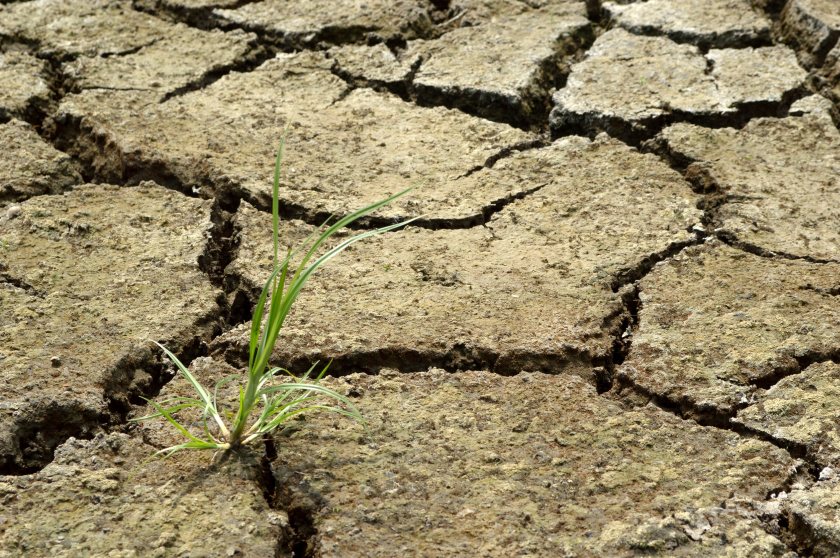Driest spring in 132 years leaves farmers facing harvest crisis, experts warn

Farmers are facing mounting pressure as England records its driest spring in over 130 years, with parched fields, poor crop growth, and dwindling water supplies threatening this summer’s harvest, experts warned.
England is bracing for the risk of further droughts this summer after experiencing its driest spring since 1893, according to an emergency meeting of the National Drought Group (NDG) held on Thursday (5 June).
The Environment Agency (EA), which convened the meeting, warned that March, April and May brought just 57% of average rainfall, leaving reservoir storage at only 77% — well below the usual May figure of 93%.
The NDG, made up of experts from the Met Office, government, regulators, water firms and farmers, will now meet monthly to monitor the situation after drought was officially declared in north-west England.
Four further regions — the north-east, Yorkshire, and the east and west Midlands — are also experiencing prolonged dry weather.
Experts who sit on the group heard that spring crop quality is at risk due to dry soil and poor grass growth for feed.
The EA will be working with farmers and growers, including through the NFU, to help them plan for water use in the coming months.
Helen Wakeham, EA director of water and NDG chair, said: “It’s been the driest spring since 1893, and we need to be prepared for more summer droughts as our climate changes.
"The recent rainfall is having a positive effect, but it hasn’t been enough to stop a drought in the north-west and we must ensure we have enough water to last the entire summer.
"We are working with water companies, farmers and other abstractors to help them plan their water usage over the summer and urge people to be mindful about their daily use.”
While rainfall at the end of May and into early June has helped stabilise water levels, the risk of further drought measures remains.
The NDG heard that some water companies may need to take additional action this summer if substantial rain does not follow.
The EA has also stepped up its response, increasing compliance checks on businesses that abstract water and boosting monitoring of river and groundwater levels.
Dr Will Lang, chief meteorologist at the Met Office, said: “After the driest spring for more than a century across England, the start of June has brought some much-needed rainfall.
"However, the chance of a hot summer is higher than normal, with an increased risk of heatwaves and related impacts.”
The latest drought warning comes on top of an already bruising year for farmers, who have been dealt a £1 billion financial blow following the exceptionally wet winter of 2023/24.
New figures from Defra show that despite an overall rise in UK farm income — up from £6.1 billion in 2023 to £7.7 billion in 2024 — income from key arable crops plummeted.
Arable income fell by £1.19 billion, driven by a 20% drop in wheat output following months of waterlogged fields.








